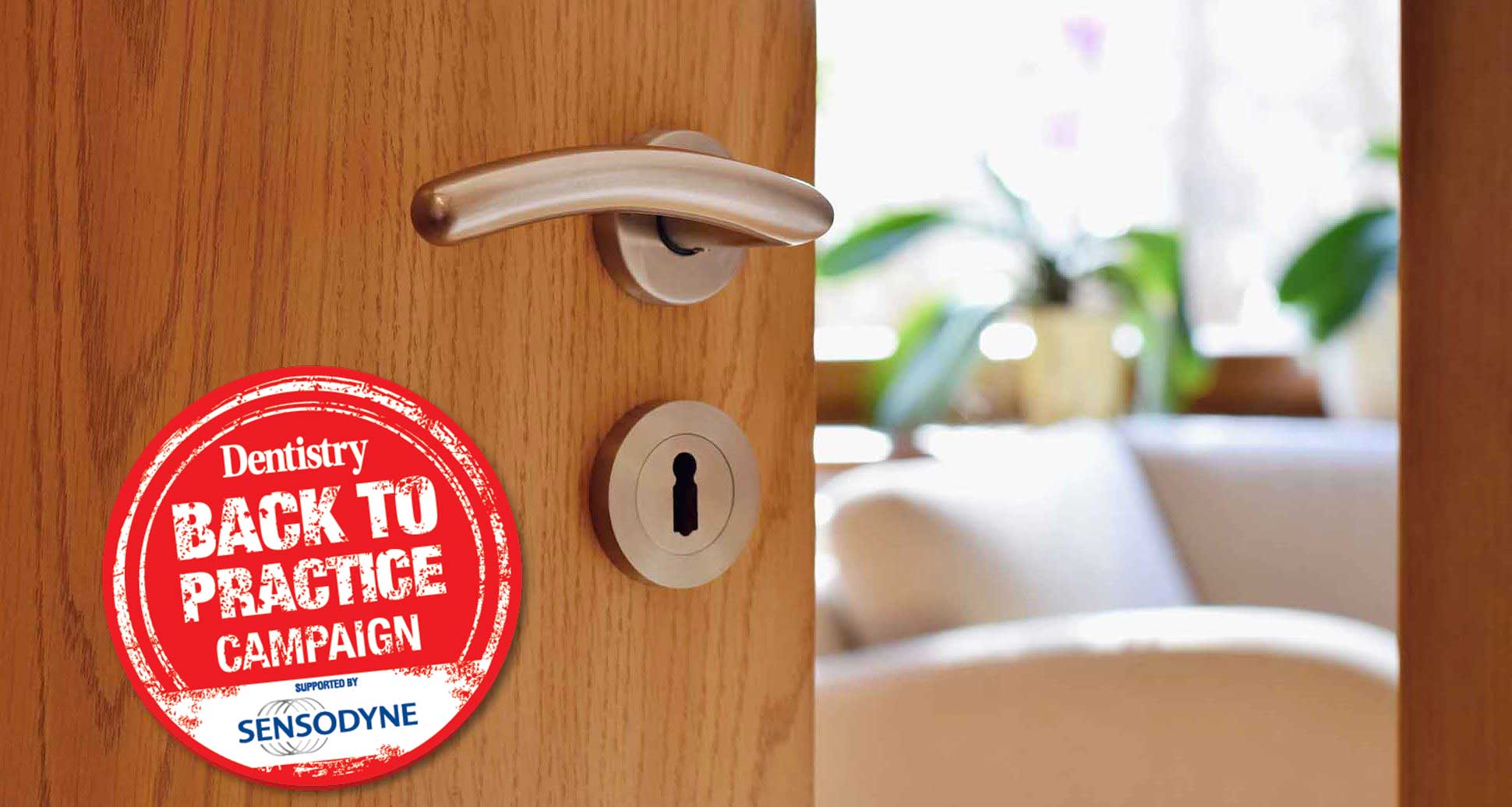
John Makin looks at the current advice over whether dental practices can reopen and if they are indemnified when they do.
Many DDU members have contacted us recently to ask ‘Am I indemnified if …’ . We have made it clear members should consider all relevant guidance from authoritative sources. They should make a risk-assessed decision as to how to proceed. It is, of course, preferable to reduce the risk of vulnerability to criticism in the first place. So the key question for colleagues to ask instead is; ‘Would I be vulnerable to justifiable criticism if I …’.
Following governmental guidance updates on its proposals for a return to work (11 May), recent discussion centres on the question of whether practices can reopen. Dental services are amongst the exceptions to the government’s order of 23 March.
Regulatory statements
The GDC’s statement of 26 March 2020 includes the following; ‘Practitioners providing NHS services will of course need to adhere to the directions given by their nation’s chief dental officer. Other practitioners will want to take that into account in making decisions. From a regulatory perspective, the central question is again whether you make an appropriate risk assessment. If treatment is offered, it will be important to record the specific precautions in place to ensure that the risk is appropriately managed for the particular treatment envisaged.’
The CQC update of 17 April included; ‘The advice and guidance given by the CDO has a clear aim in supporting the government agenda of reducing the risks of COVID-19 transmission within the general population. We would encourage dental providers to give proper consideration to the letter from the chief dental officer. Whether your practice is NHS, private or mixed.
On 19 May the CQC clarified its position. It reiterated the above, but also states; ‘The CQC cannot require providers of dental care services to close. Unless we find clear evidence of a breach of our regulations that requires consideration of the use of our powers under the Health and Social Care Act 2008 and associated regulations’.
To avoid a claim for negligence or a finding of impaired fitness to practise by the GDC, it is generally necessary to demonstrate that you have complied with a responsible body of dental or medical opinion. At any one time there may be more than one responsible body. Provided you comply with one such body, even if it is in the minority, you should not be justifiably criticised.
Reopening
The key question is not ‘can I open…’ but ‘can I do so safely’. For example in accordance with a responsible body of opinion and in adherence to current law including governmental instructions on restrictions on movement and social distancing .
There are ongoing discussions both within the NHS and via initiatives.They include the COVID-19 Future Planning Task Group convened by the Faculty of General Dental Practice UK and the College of General Dentistry exploring possible pathways towards reopening. We eagerly await recommendations of that group. They are likely to constitute authoritative guidance from a responsible body of opinion. So dental colleagues might confidently follow them.


